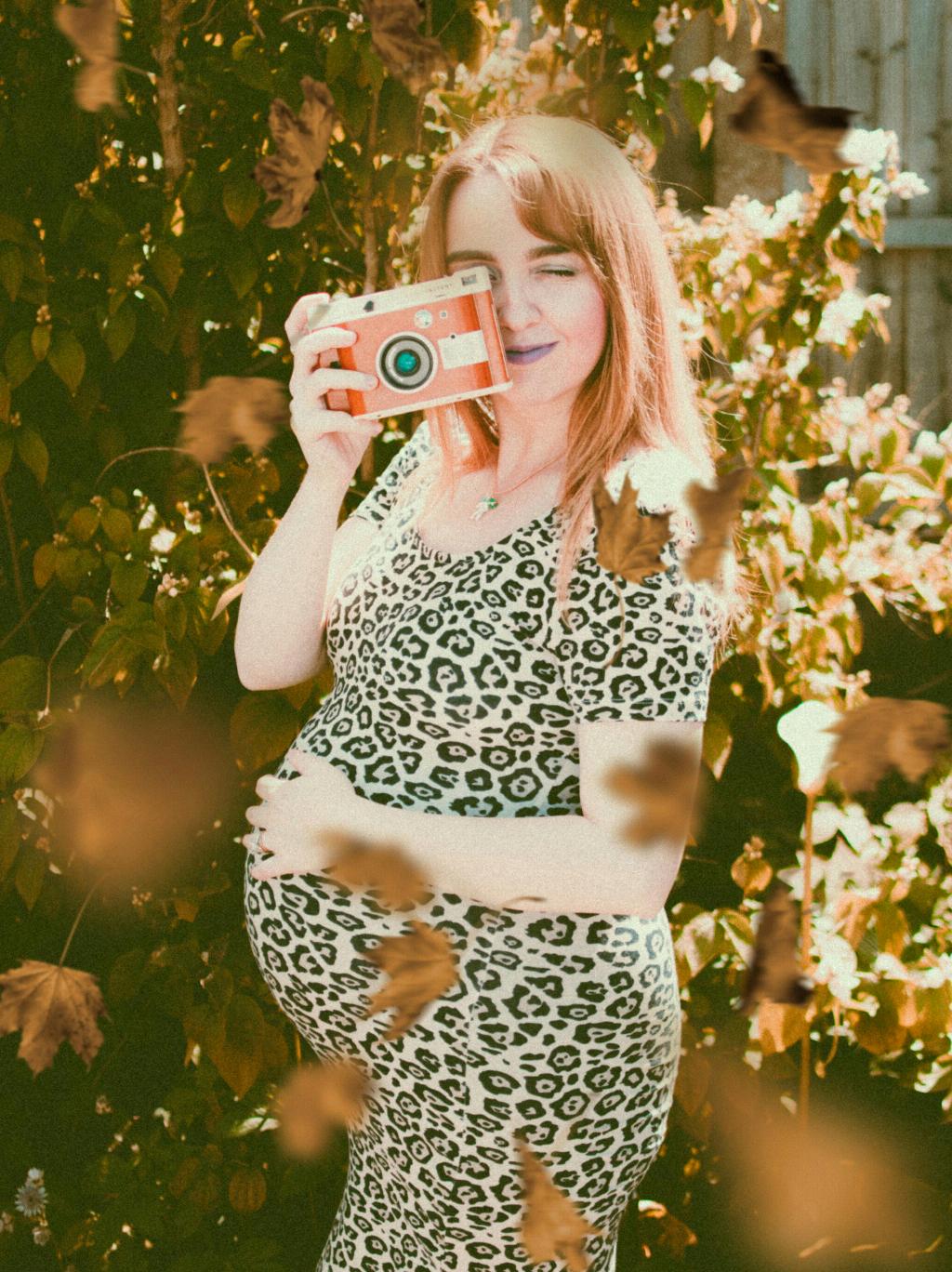When it comes to determining the ideal age for pregnancy, various factors need to be taken into account. While medically speaking, the 20s are often considered the best time to get pregnant due to peak fertility and lower risk of pregnancy complications, there are individual aspects to consider.
Importance of Health and Lifestyle
Your overall health plays a crucial role in determining the safe age to get pregnant. Factors such as pre-existing medical conditions, lifestyle habits, and genetic predispositions can influence the optimal age for pregnancy. It is essential to assess your physical and mental well-being before embarking on the journey of parenthood.
Biological Clock and Fertility
Women are born with a finite number of eggs, and as they age, the quality and quantity of these eggs decrease. This natural decline in fertility makes conceiving more challenging as women get older. Understanding the concept of the biological clock can help in deciding the right time to start a family.
Risks of Delaying Pregnancy
While there is no one-size-fits-all answer to the safe age for pregnancy, delaying conception can come with potential risks. Advanced maternal age is associated with a higher likelihood of pregnancy complications, such as chromosomal abnormalities, miscarriage, and gestational diabetes. It is essential to weigh the benefits and risks of waiting to have children.
Financial and Emotional Readiness
Another crucial consideration when determining the safe age to get pregnant is your financial stability and emotional readiness for parenthood. Raising a child entails significant financial responsibilities, so it is essential to assess whether you are prepared to provide for a family.
Social and Cultural Norms
Social and cultural factors can also influence the decision of when to start a family. Pressure from societal expectations or family traditions may play a role in determining the safe age for pregnancy. It is vital to reflect on these external influences while making this personal decision.
Support System and Resources
Having a strong support system and access to resources can greatly impact your experience of pregnancy and parenthood. Consider your network of family and friends, as well as the availability of healthcare services in your area when deciding on the optimal age for pregnancy.
Planning for the Future
Thinking about your long-term goals and aspirations is important when considering the safe age to get pregnant. Assess how starting a family aligns with your career path, educational pursuits, and personal development. Planning for the future can help ensure a smooth transition into parenthood.
Consulting with Healthcare Providers
It is advisable to consult with healthcare providers, such as obstetricians and fertility specialists, when deciding on the best age for pregnancy. These professionals can offer personalized guidance based on your medical history, reproductive health, and individual circumstances.
Empowerment through Knowledge
Empowering yourself with information about fertility, pregnancy, and parenthood can help you make informed decisions about the safe age to get pregnant. Stay informed about advancements in reproductive technology, family planning options, and maternal health guidelines to navigate this significant life milestone.
Conclusion
In conclusion, the safe age to get pregnant varies for each individual and is influenced by a multitude of factors. While the 20s are often considered the optimal time for pregnancy biologically, it is essential to consider your health, lifestyle, readiness, and support system when making this decision. Consulting with healthcare providers and staying informed can empower you to choose the best age to start a family that aligns with your personal circumstances and goals.

